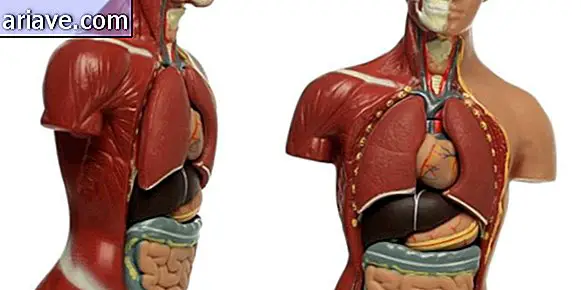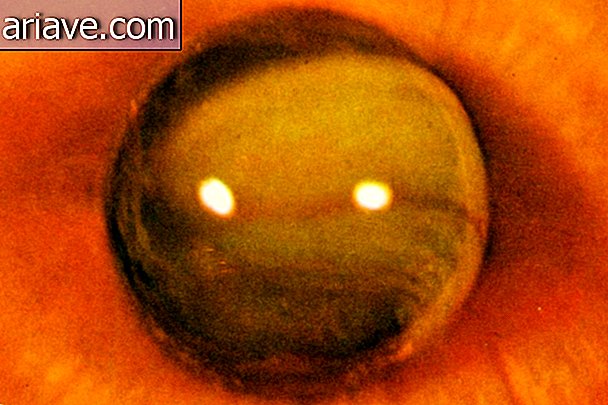HPV virus can be transmitted to baby during childbirth

HPV (Human Papilloma Virus) is a sexually transmitted disease that is dangerous to women's health because it can cause cervical cancer if left untreated. In addition, the danger of transmission of the contaminated mother virus to the baby during childbirth has been researched, further warning of prevention.
Papillomavirus causes warts on the genital organ, but in many cases it can be asymptomatic, causing pregnant women who do not know they have to transmit the virus to their baby. “There are many myths about transmission. And what future mothers need to know is that detecting the virus as soon as possible can prevent contamination of the newborn, and prevent cancer in it, warns gynecologist and obstetrician Dr. Barbara Murayama.
Read too:
- The benefits of animals for child development
- Study shows that one in ten adolescents has an eating disorder
For this reason, women looking to get pregnant should pay even more attention to HPV and get the necessary preventive tests. It can be detected on Pap smears, which should be routine in the life of a sexually active woman, and should be performed annually or even every six months.
With diagnosis, treatment can be performed with medicine or surgically by chemical cauterization, electro-cauterization, cryotherapy or laser. In addition to control, which is a fundamental part of treatment, which includes colposcopy and vulvoscopy, which evaluates the region with a type of microscope.
During pregnancy, this intervention is more difficult, but the risk to the baby decreases when the disease is detected and treated before delivery. This is why it is so important to have tests and treatment even before you become pregnant.
In one study of 469 Koreans, 72 had the virus and 20.8% passed on the disease to their babies. This research did not identify HPV in either the placenta or umbilical cord, justifying that transmission did not occur during the baby's growth in the womb. Thus investigation then turned to the moment of childbirth.
Women with HPV who had their child by normal birth, and who had several types of HPV at the same time, which is not so uncommon, showed greater contamination of the baby. “The best way to prevent mother-to-child transmission is to get the necessary tests and treatments before pregnancy. But if HPV warts are detected in the vaginal canal and there is no time to treat before delivery, it is time to suggest a caesarean section in which there is no contact with the contaminated areas, ”explains Dr. Barbara.
The same study showed that two months after delivery, babies born with HPV no longer had signs of the virus. “When you see this result, many people think, 'So that's fine, ' but in the face of a newborn's fragility, preserving it from a predictable infection can be very important, as the immune system is still learning to protect itself. ”Concludes Dr. Barbara.
Dr. Barbara Murayama
Gynecologist and obstetrician, specialist in Hysteroscopy at Unifesp, member of FEBRASGO and clinical director of Gergin.
gergin.com.br











